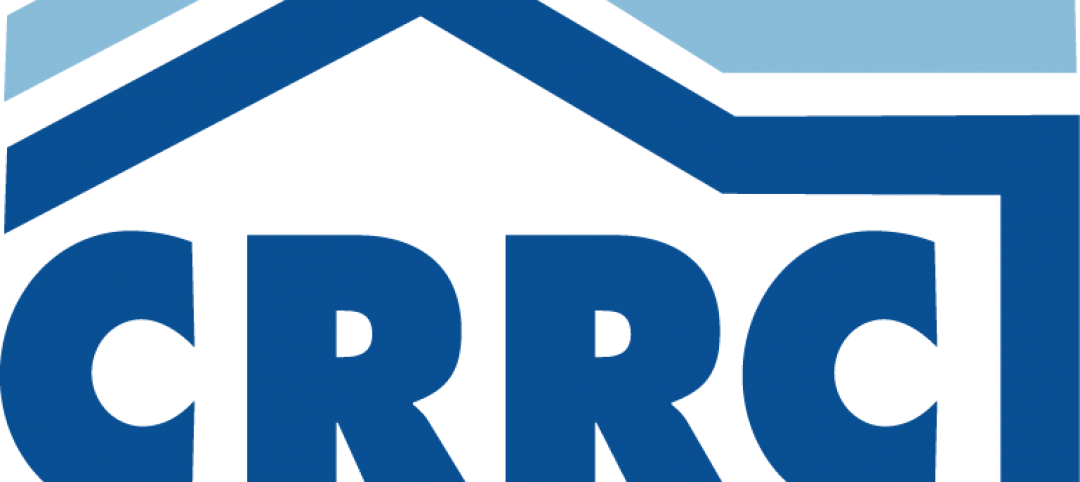A new law in Tennessee allows developers to hire their own building inspectors to check for environmental, safety, and construction violations.
The law is intended to streamline the building process, particularly in rapidly growing communities. Privatizing inspections allows developers to bypass city codes departments and Tennessee’s Fire Marshal’s Office. The new law also allows builders to hire their own wetlands consultants to conduct reviews of permits if delays by the Tennessee Department of Environment and Conservation exceed 30 days.
Critics charge that privatization has the potential to overlook key safety and building standards. Paid by the builder, the third-party inspector has incentive to ignore code violations, they say.
The new law requires city or state officials to review permits and inspections submitted by private contractors, but how those paper reviews will take place has not been determined. A conflict-of-interest provision prohibits anyone with a business or familial relationship with a contractor to perform the reviews.
Related Stories
| Aug 30, 2012
OSHA plans new crane-safety standards for demolition and underground work
The new rule will streamline OSHA’s standards by eliminating the separate cranes and derricks standard currently used for underground and demolition work.
| Aug 30, 2012
Federal government cancels defense contracts worth $2.15 billion
This action may foreshadow federal spending cuts scheduled for year's end if Congress takes no action on the federal budget.
| Aug 30, 2012
Public comment period is open for CRRC-1 standard
The CRRC-1 standard covers specimen preparation and test methods for measuring the initial and aged solar reflectance and thermal emittance of roofing products.
| Aug 30, 2012
LEED system's footprint reaches 2 billion sf, with 7 billion sf in the pipeline
About 7 billion more sf of commercial space is expected in the pipeline.
| Aug 30, 2012
Georgia drops LEED wood source standard on state projects
Currently, LEED green building standards only accept timber products certified by the Forest Stewardship Council (FSC).
| Aug 21, 2012
AGC offers second edition of the Federal Government Contractor: Ethics & Compliance Programs manual
This publication helps contractors appreciate the grounds for an alleged violation of the expected standards of business conduct and ethics, and to develop, implement, and document an effective ethics and compliance program.
| Aug 21, 2012
Federal Safe Building Code Incentive Act’s bipartisan support, no notable objection, bodes well for passage
The Safe Building Code Incentive Act would give states a little extra post-disaster federal funding if they enacted and enforced nationally recognized building codes for businesses and residences before disaster strikes.
| Aug 16, 2012
New York’s Barclays Center project accused of ignoring noise, pollution regulations
Construction crews racing to finish the Brooklyn Barclays Center are ignoring strict regulations to reduce noise and pollution, a new report by critics has found.
| Aug 16, 2012
Harness saves life of worker cleaning Washington state Capitol
Fall-protection equipment helped save the life of a worker who was cleaning the Washington state Capitol building in Olympia, after the platform he was using gave way.
| Aug 16, 2012
CSI webinar on August 21 focuses on electronic energy control
The Construction Specifications Institute (CSI) is sponsoring a free webinar on August 21 at 2:00 p.m. (EDT) on electronic energy control.












